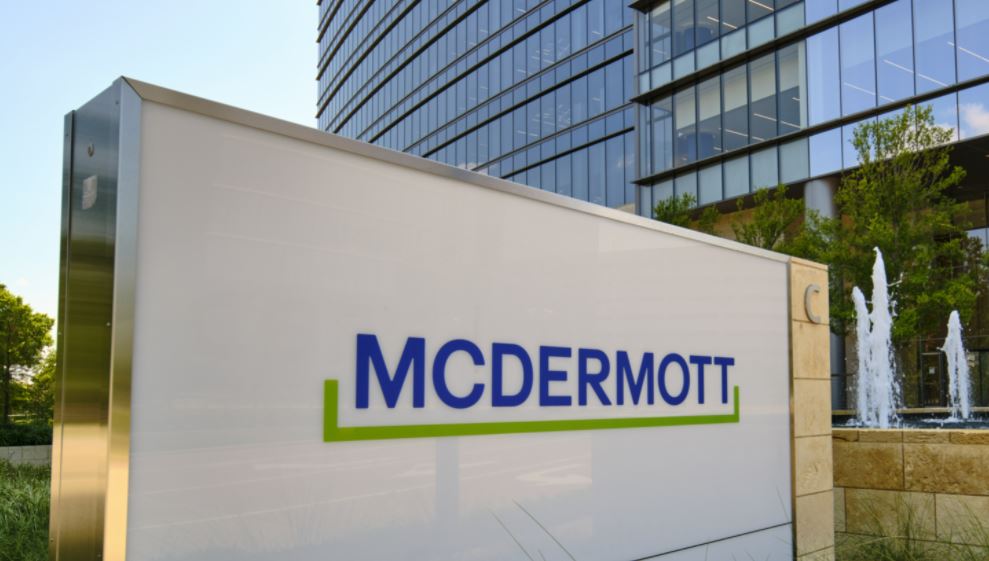This story requires a subscription
This includes a single user license.
Under the master services agreement, McDermott will provide front-end engineering and planning services for the project, according to a statement by McDermott.
These include execution planning and pricing for the facility’s engineering, procurement, and construction (EPC) phase.
McDermott said that it expects the agreement to transition into a final EPC contract aligned with the timing of Monkey Island LNG’s financing activities.
Phase 1 of the Monkey Island LNG facility includes three LNG trains with a capacity of 5.2 million metric tons per annum (mtpa) each and a combined production of 15.6 MTPA.
Expansion plans include two additional LNG trains, projected to bring total capacity to 26 mtpa.
This announcement builds on Monkey Island LNG’s selection of the ConocoPhillips optimized cascade process.
McDermott claims its compact, modular LNG train design contributes to delivery of up to 60 percent more LNG per acre than comparable projects.
Engineering and permitting are expected to begin in 2026, with first LNG production targeted for the early 2030s.
The project will be led by McDermott’s Houston team, supported by its engineering group in Gurugram, India.
“By leveraging LNG mega-modules, we dramatically reduce the site footprint required for world-scale LNG production, which drives down project costs and risks,” said Greg Michaels, founder and CEO of Monkey Island LNG.
“The project represents a $25 billion investment across two phases, positioning it among the largest private energy infrastructure developments in North America and designed to maximize LNG production with fewer acres,” Michaels said.

